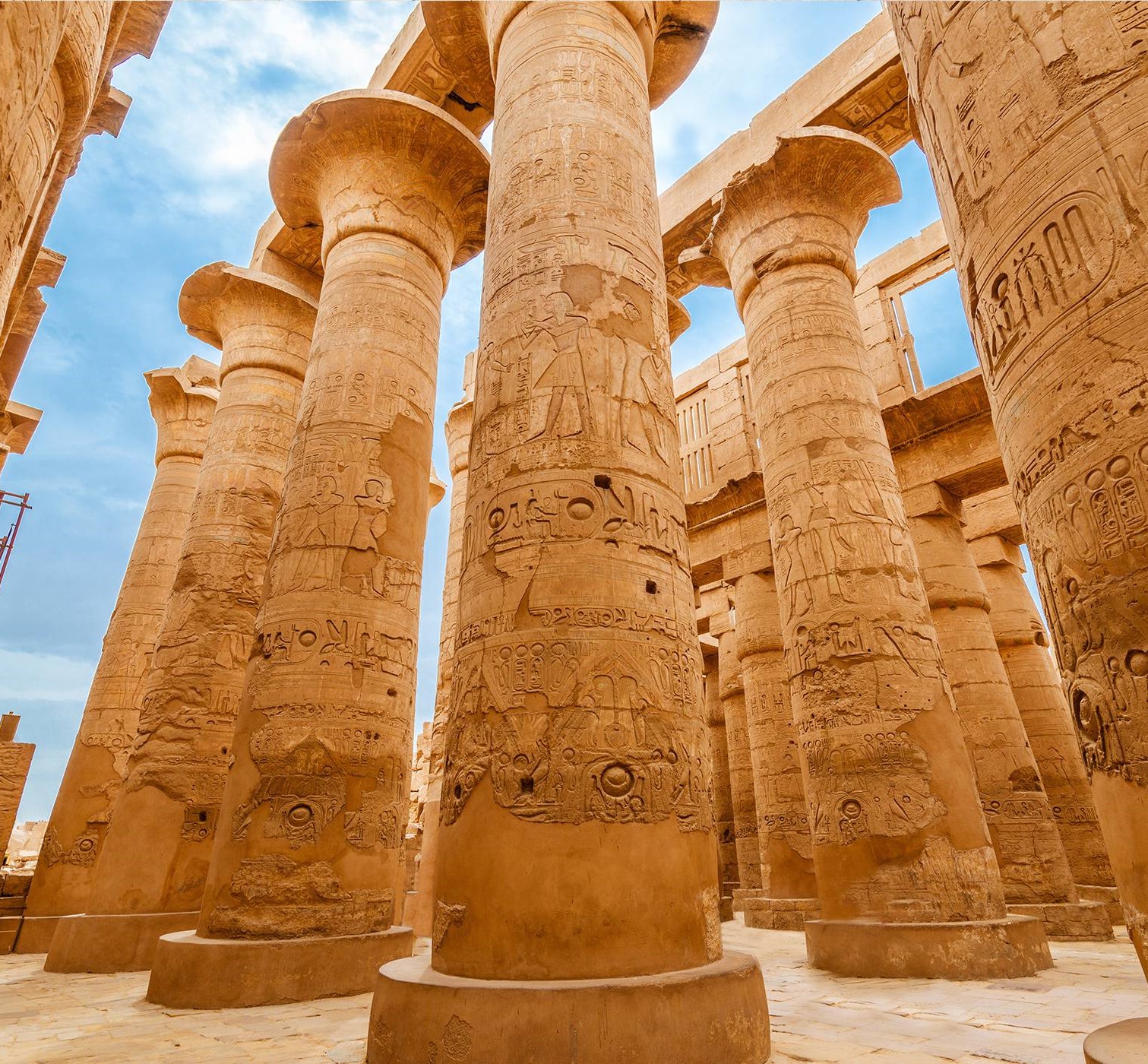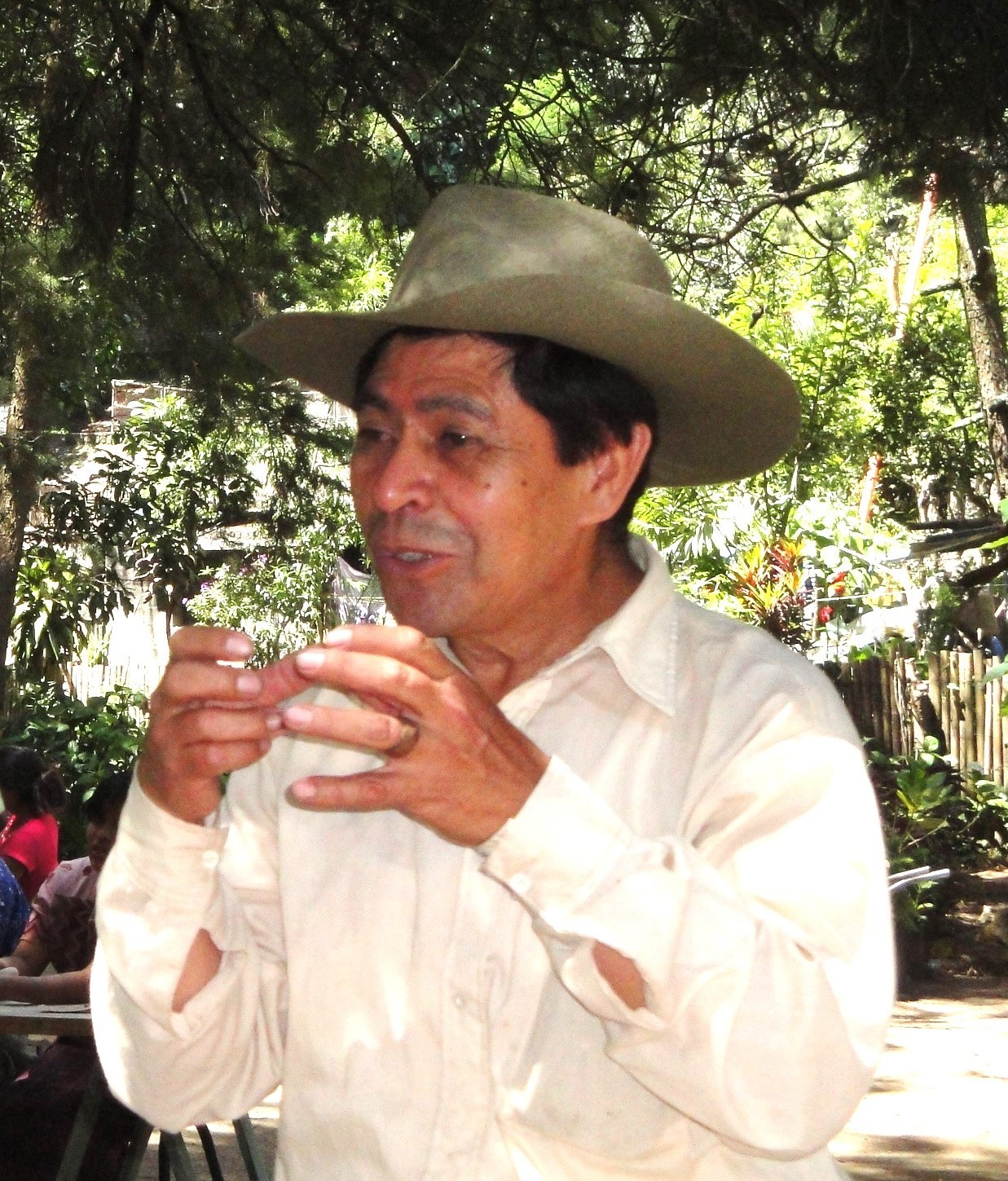In the lectionary reading this week*, John provides his version of Jesus’ instruction on the Greatest Commandment, or as he calls it “a new commandment.” Jesus says this after washing their feet, showing the disciples what he means by spiritual cleanliness through humility. Note: this included Judas Iscariot, to whom Jesus also offered Communion at The Last Supper, and who he not so subtly identifies as his betrayer in verse 26.
This example of servant leadership to student, friend, and enemy alike is serious enough that if the disciples are too proud to accept the gift, they “have no part with [Jesus].” But chapter 13 ends with a much more serious implication. Ministerial activities like healing the sick, feeding the hungry, holding the Temple Priests accountable for their greed, or upending social stigma, are all blessings in God’s eyes, but walking Christ’s path was not an extracurricular activity, fit around the rest of the schedule. “Will you really lay down your life for me?”, he asks Peter.
Holy War is not what Jesus meant by laying down one’s life. Theologies of righteousness steeped in pride and power have killed Christian, Muslim, Jew, and heathen alike. Did Jesus wash feet with a sword? The Acts passage this week† tells how hard it was for Peter to accept eating non-Kosher foods with non-Jews as a metaphor for sharing the gospel with Gentiles. A voice tells him, “Do not call anything impure that God has made clean.” I wish our church history was merely disagreements over food choice. In reality, our history is a bloody mess.
Toleration isn’t enough, it allows us to maintain our personal inner shield. If we are to have the vision of peace and humility which Christ proclaims, we must love each other as God loves us–meaning that we listen to the voice of God in the other, mortally wrapped but boundless within, and actually learn from it, grow from it.
Am I too proud to hear that longing cry for unity, claiming life, across all boundaries, be they religious or otherwise? As Muslims around the world observe Ramadan, an extraordinary sacrifice to God, I am reminded daily of the weakness of my discipline. I am grateful for their gift to God and am humbled as Peter was.
In John 10:6 Jesus says “I have other sheep that are not of this sheep pen, I must bring them also…” Before you develop some reasoning that maintains Christian exceptionalism here, perhaps Jesus means what he says plainly, that there are other pastures, and the grass is just as green there, that God’s love is just as real, true, and awe-inspiring, clothed in foreign prayers.
-Matthias Martin, Jubilee Church
Questions for Reflection
- Can you think of some important things you’ve learned from non-Christians?
- How is God’s Truth revealed today?





